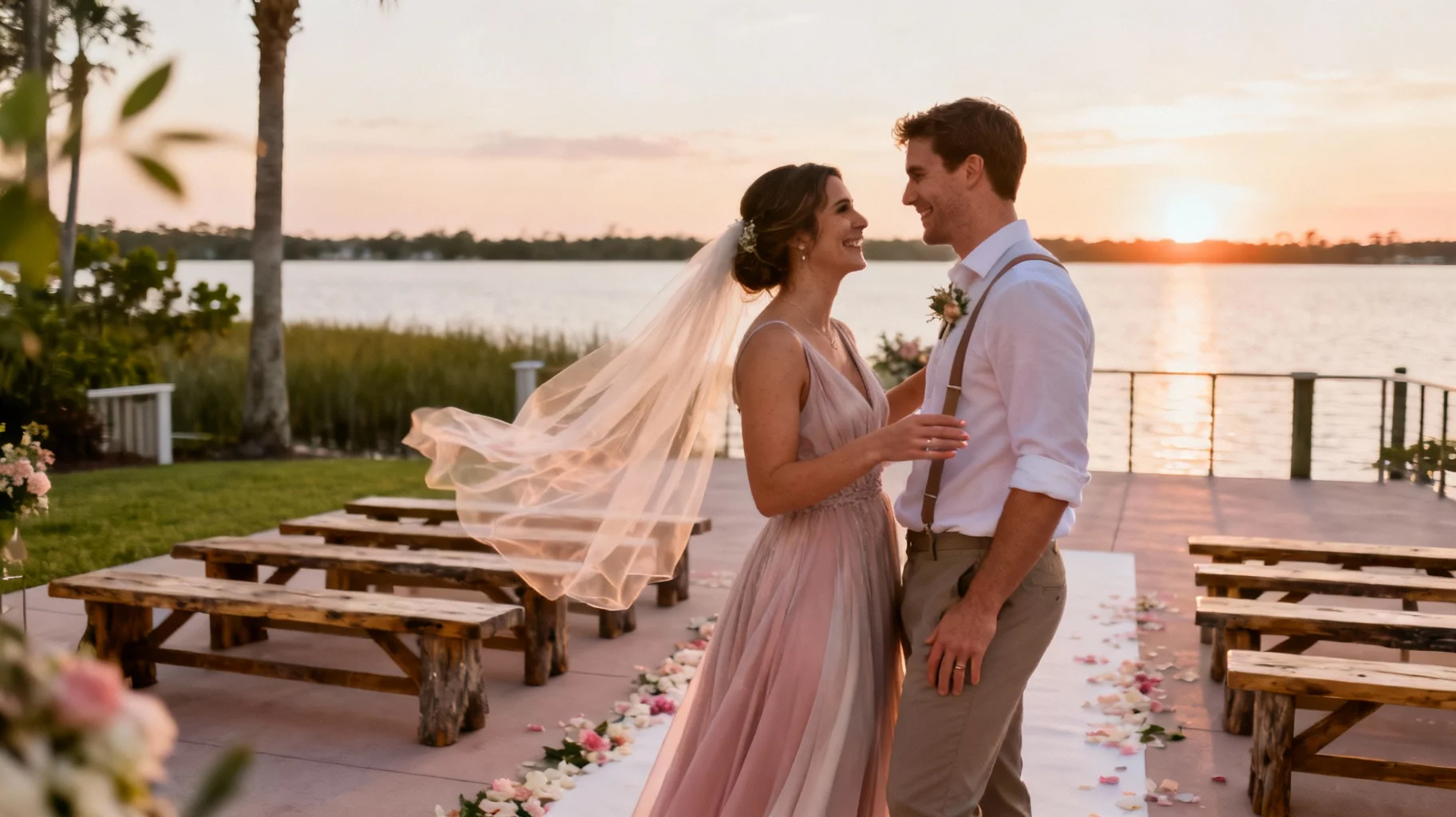
Understanding Relationship Anxiety Before the Big Day
Engagement is often accompanied by a whirlwind of emotions, and it's not uncommon for brides to feel overwhelmed with pre-wedding jitters. However, among these typical feelings, some couples report deeper worries about their relationship, often articulated as, “My boyfriend hates me.” This apprehension can arise from subtle shifts in a partner's behavior rather than outright conflicts, reflecting not just personal fears but also societal pressures surrounding love and marriage.
Decoding Those Troubling Signs
For brides grappling with this question, understanding the signs that may accompany these unsettling feelings is crucial. Dr. Michel Nawfal notes that anxiety can manifest physically and emotionally, making it imperative to discern between transient nerves and significant issues. Common indicators include:
- Increased irritability: Partners may seem easily annoyed over trivial matters. This can indicate underlying frustration that may not directly stem from their feelings for their fiancé.
- Decreased affection: A lack of physical intimacy may suggest emotional disconnection, which can be particularly distressing if you rely on physical affection as a primary love language.
- Avoidance of togetherness: If he suddenly withdraws, opting for solitary activities over shared experiences, it raises questions about the health of the relationship.
- Tension in communication: Increased arguments that escalate quickly can point to unaddressed issues that need to be confronted rather than ignored.
The Pressure of Perfection: Societal Expectations
A critical component contributing to pre-wedding anxiety is the immense pressure to create a flawless celebration. Weddings are often depicted as perfect events filled with joy, potentially leading brides to internalize unrealistic expectations. Both Roger Igo and Munaluchi Bride emphasize the importance of acknowledging that feeling nervous is normal and can often be exacerbated by external pressures from family and social media.
Dialogue Is Key: Communicate for Clarity
Before stepping into lifelong commitment, both partners should engage in open conversations about their expectations, concerns, and anxieties. Taking the time to address fears candidly lays a strong foundation for marriage. Insightful self-reflection is essential: are your feelings about the wedding itself, or do they point to underlying concerns within the relationship?
Understanding Pre-Wedding Jitters vs. Real Concerns
Identifying whether you’re experiencing simple wedding jitters or deeper issues requires introspection. Pre-wedding jitters can manifest as excitement mixed with nervousness, pertaining mostly to the details of the wedding day. In contrast, real concerns might stem from doubts about compatibility, unresolved conflicts, or feelings of pressure from family or society, which need addressing before moving forward.
Self-Care: An Essential Component
As pre-wedding anxieties creep in, prioritizing self-care becomes paramount. Engaging in activities that bring joy, practicing mindfulness, and even seeking counseling can significantly alleviate stress. Creating a pre-wedding self-check-in routine, as suggested by Munaluchi Bride, can help provide clarity and comfort—essentially allowing space to reflect on emotions before they influence actions.
Conclusion: Embracing Commitment
Ultimately, understanding and addressing your emotions as a bride-to-be is essential for a fulfilling wedding experience. It’s important to remember that marriage is a lifetime commitment—built on love, resilience, and communication. As you embark on this journey, ensure to make choices that reflect not just the joy of the occasion but also the depth of your relationship. Don't shy away from discussing fears or uncertainties with trusted friends or your partner. Plan your day with the knowledge that it’s a celebration of your unique love story, not merely a performance to uphold societal expectations.
Seeking guidance, whether through trusted mentors, workshops, or premarital counseling, can enrich the journey and help couples prepare for the beautiful commitment ahead. With this knowledge, couples can create a wedding that reflects not only their dreams but the strength of their God-centered marriage.
 Add Row
Add Row  Add
Add 




Write A Comment